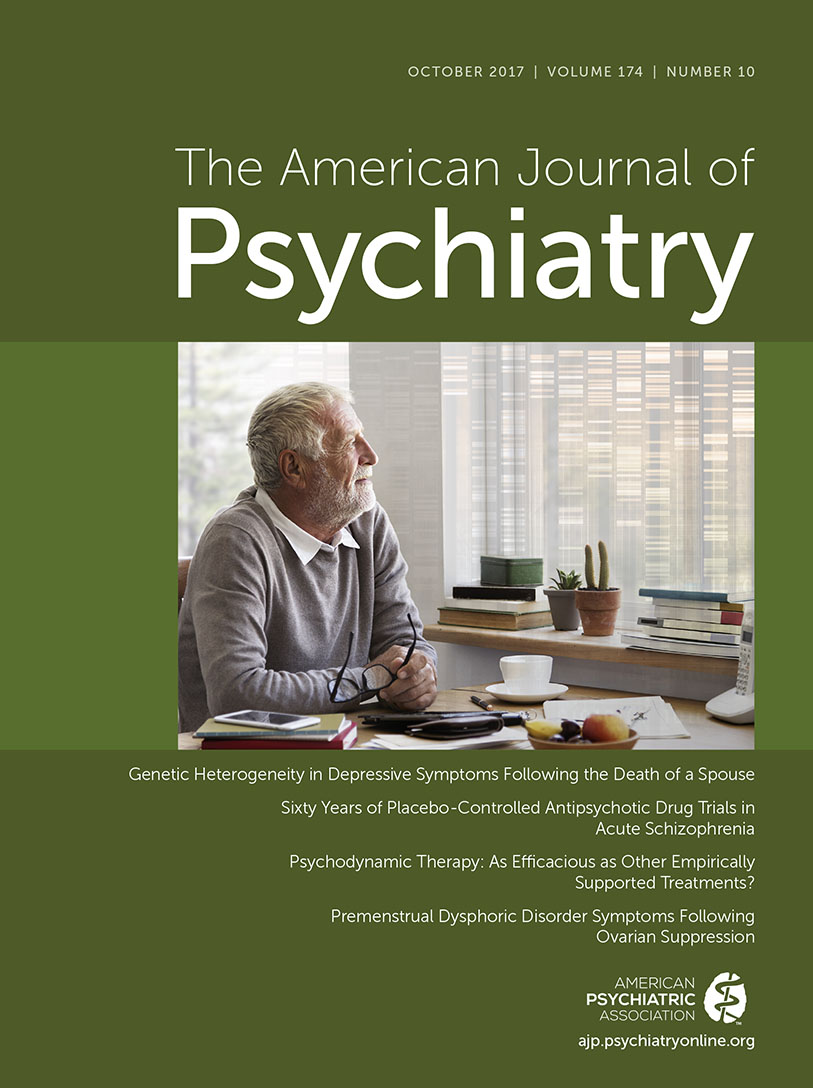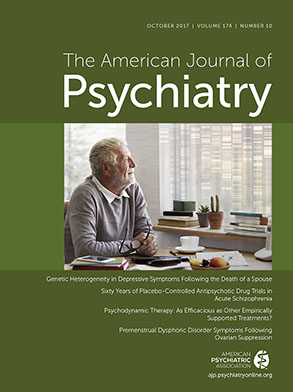T
o the E
ditor: We thank Drs. Bell and Chimata for their comments on our article (
1). They raise a number of points that warrant further discussion. First, we completely agree that prenatal alcohol exposure is a modifiable risk factor that influences fetal growth and neurodevelopment, as evidenced by fetal alcohol spectrum disorders and neurobehavioral disorder associated with prenatal alcohol exposure (ND-PAE). Drs. Bell and Chimata raise an important point: maternal alcohol consumption, and thus the salience of this risk factor, varies across cultures and socioeconomic gradients. However, we (
2) previously found no significant association between maternal prenatal alcohol exposure and child emotional or behavioral problems at 48 months of age within the Avon Longitudinal Study of Parents and Children cohort (data available from first author). Zuccolo and colleagues (
3) reported a positive association between maternal prenatal alcohol consumption and child academic achievement within the same cohort. The authors show that this paradoxical finding reflects confounding by maternal socioeconomic status, which is positively associated with moderate drinking in this relatively low-risk community sample (
3). However, the authors do observe the expected inverse association between maternal prenatal alcohol consumption and child academic success in this cohort when genetic factors are considered (
3). Similarly, Muggli et al. (
4) found that the effects of light to moderate maternal alcohol consumption on child craniofacial shape are moderated by maternal ratings of the perceived effects of drinking. Collectively, these findings highlight the importance of considering individual-level as well as contextual factors in studies of prenatal alcohol exposure, which was a major theme in our article.
Second, Drs. Bell and Chimata call for an emphasis on prenatal alcohol exposure because of its known association with low birth weight and preterm birth. Obstetric outcomes are clearly important for a broad range of developmental outcomes, but there is good evidence that the negative effects of prenatal adversity on neurodevelopment are not solely mediated by increased obstetric risk (
1). Therefore, we suggest that prenatal risk factors should not necessarily be prioritized based on associations with obstetric outcomes alone.
Third, Drs. Bell and Chimata expressed the hope that their letter will “place more emphasis on more common problems in life,” such as ND-PAE. And with reason. However, maternal perinatal depression represents the most common complication of pregnancy. As many as one in five women in developed countries experience perinatal depression, a number that is significantly higher in low- and middle-income countries (
5), while elevated maternal anxiety is associated with an approximate doubling of risk for mental disorders in childhood (
2). We certainly do not discount the importance of prenatal alcohol exposure or ND-PAE; rather, as we emphasize in our article, a broader focus is required to better understand the lasting influence of the in utero environment on child neurodevelopment. An emphasis on any one risk factor in isolation from an individual’s genomic risk and the wider psychosocial context is likely to be uninformative. The work of the PhenX Pregnancy Working Group is of interest in this context. This initiative seeks to standardize data collection in perinatal cohorts and capture a constellation of risk factors (
6). Such efforts may, in time, help us understand the sources of individual variation in developmental outcomes and advance prevention efforts in perinatal psychiatry.

